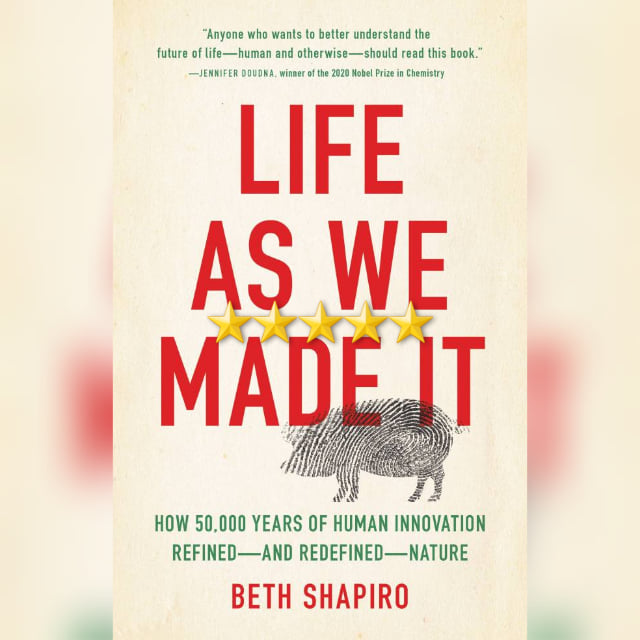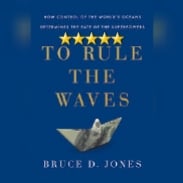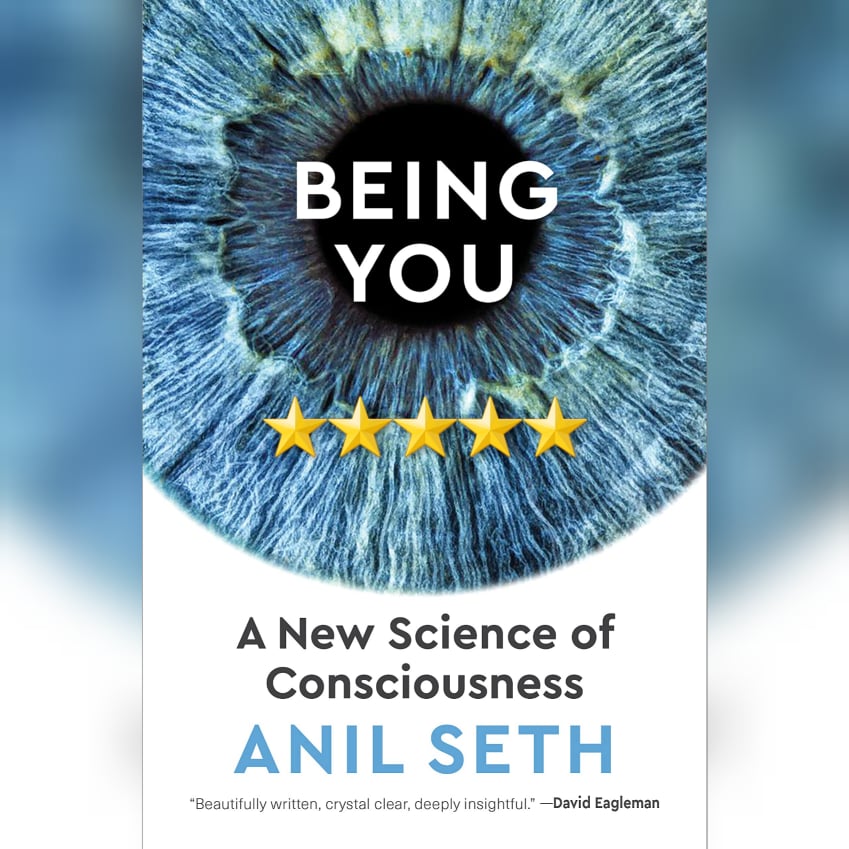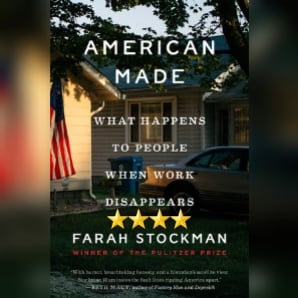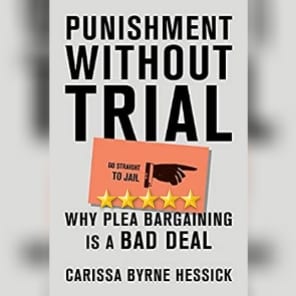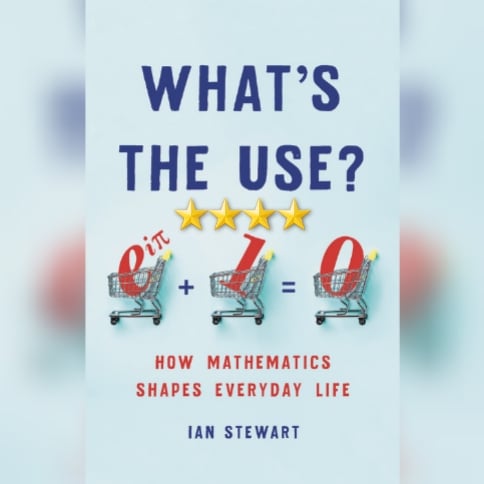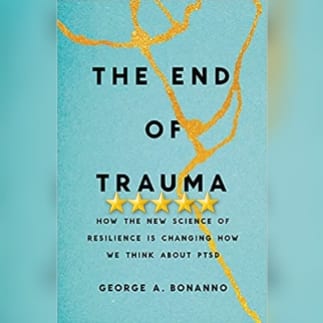Solid History, Perhaps A Bit Too Optimistic On Future Tech. In showing the history of how humans have been using crude genetic engineering essentially since we first began interacting with the world – both plant and animal – and in showing how our more modern techniques – including CRSPR – came to be, Shapiro does a great job in showing just how much humans have *already* shaped the evolution of non-human life on this planet. In the ancient world, she uses a lot of her own experiences as a scientist in that exact field, and even in the more modern cases she is discussing techniques she mentions in the earlier sections as having used extensively. On these points, Shapiro is truly excellent.
Where she stumbles a bit – not enough for a star deduction, but enough for a bit of commentary – is that she is perhaps a bit too optimistic about how genetic tinkering will be used in the future. Yes, she discusses the various quandaries, but even in such discussions- *even when discussing the GMO humans created in China a couple of years ago* – Shapiro tends to just hand wave over the negative, darker sides of the technology even while acknowledging their potentially cataclysmic power. This is where a solid dose of science fiction is useful, showing that even when scientists such as Shapiro have the best of intentions… things may not always turn out the way they think, and thus caution truly is warranted. (Yes, I’m thinking of a specific book in this particular example, but the reveal that GMO is used within it is a *massive* spoiler, and thus I’m not naming it here. I *will* note that it is by the same author and indeed part of the spoiler is that it uses some of the same tech as described in HUNGER by Jeremy Robinson, which is another cautionary tale of the “benefits” of genetic modification.)
Still, for what it is and for what the description claims it sets out to do, this truly is a solid examination of the history and current state of the field, and for this it is very much recommended.
This review of Life As We Made It by Beth Shapiro was originally written on September 10, 2021.

